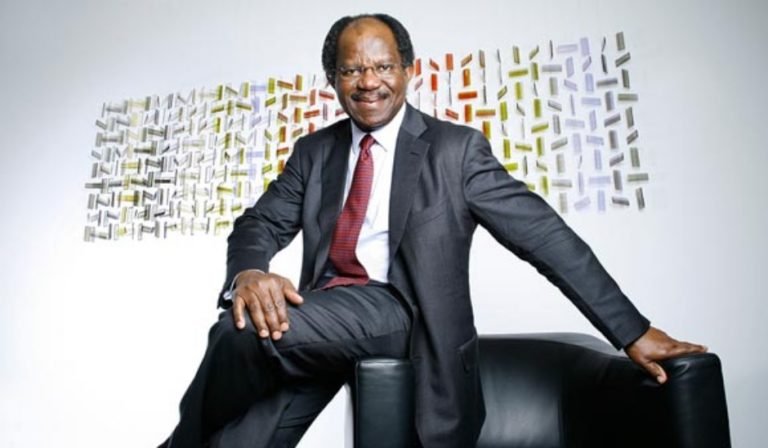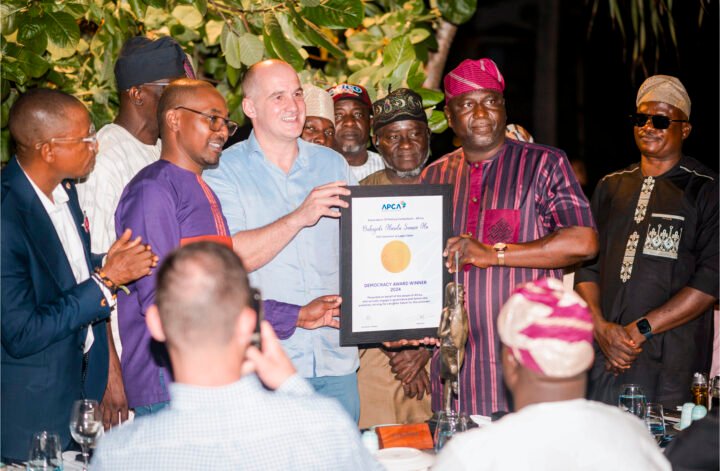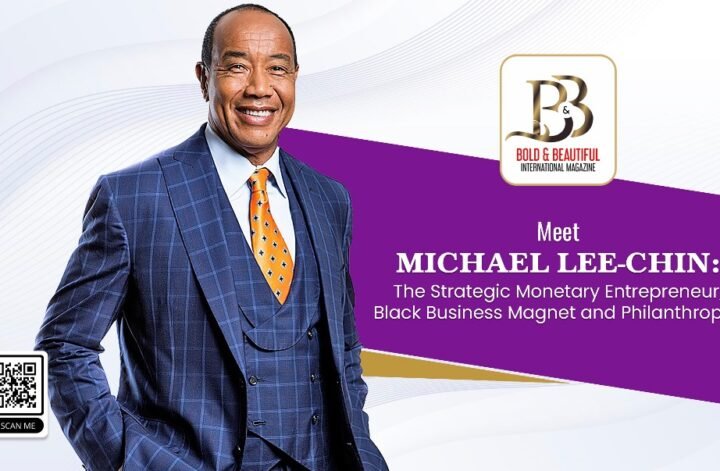Three remarkable Nigerians have been spotlighted on the ForbesBLK50 list, a ranking that celebrates Black excellence through achievements, innovation, and influence across industries. The prestigious list highlights not just net worth but also the broader impact and contributions of Black entrepreneurs, pioneers, and leaders globally. Among the honorees are Wemimo Abbey, Tope Awotona, and Adebayo Ogunlesi—each a powerhouse in their respective fields.

Wemimo Abbey:
Wemimo Abbey, Co-founder and Co-CEO of Esusu, has revolutionized financial access in the United States. Born and raised in Lagos, Nigeria, Abbey’s career journey began with roles in mergers and acquisitions consulting at PwC. He later co-founded a nonprofit and a data analytics startup before launching Esusu. The fintech company addresses systemic financial inequities by helping renters build credit through rent reporting. With over 1.8 million users across 20,000 properties, Esusu achieved a $1 billion valuation in 2022, marking Abbey as a trailblazer in fintech innovation.

Tope Awotona:
Tope Awotona, Founder and CEO of Calendly, turned scheduling into a global business opportunity. Originally from Lagos, Nigeria, Awotona moved to the U.S. at age 15. After studying business and management information systems, he created Calendly—a user-friendly scheduling software now valued at $3 billion by private investors. The platform’s transformative approach to time management has earned widespread adoption among businesses and individuals worldwide, solidifying Awotona’s place as a leading tech entrepreneur.

Adebayo Ogunlesi:
Adebayo Ogunlesi, Chairman and Co-founder of Global Infrastructure Partners (GIP), is a titan in infrastructure investment. With an illustrious academic background including degrees from Oxford and Harvard, Ogunlesi has redefined private equity through GIP. The firm manages billions in assets, focusing on global infrastructure investments. With a net worth of $1.7 billion, Ogunlesi’s leadership and strategic vision continue to shape the future of the global infrastructure sector.




